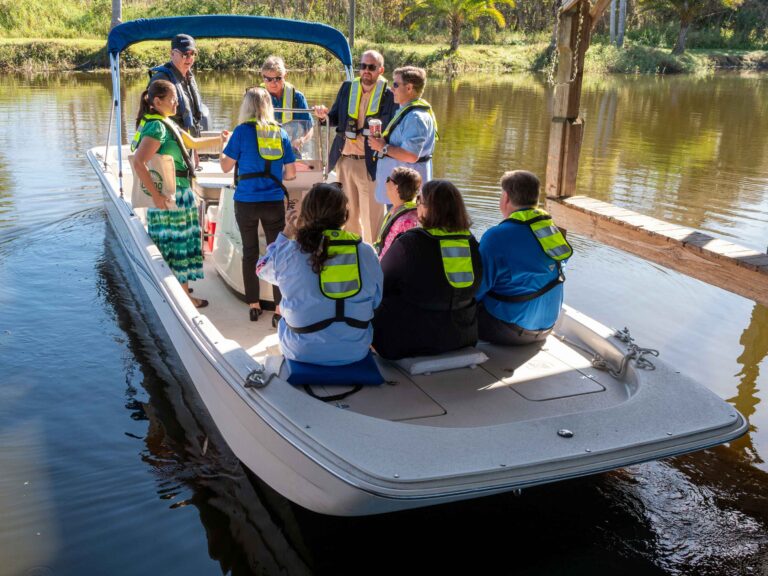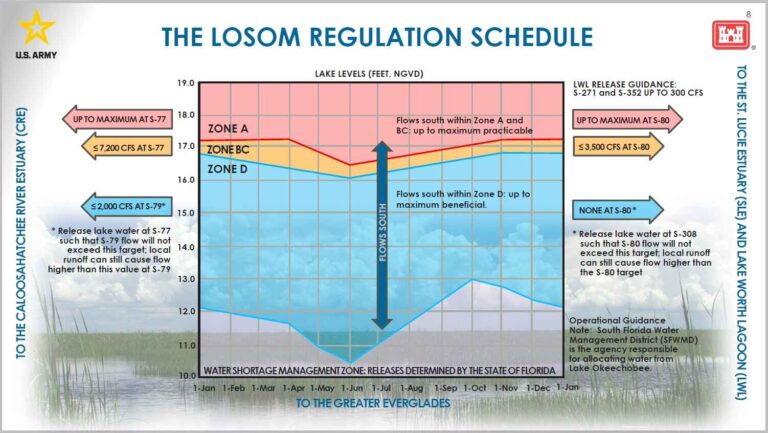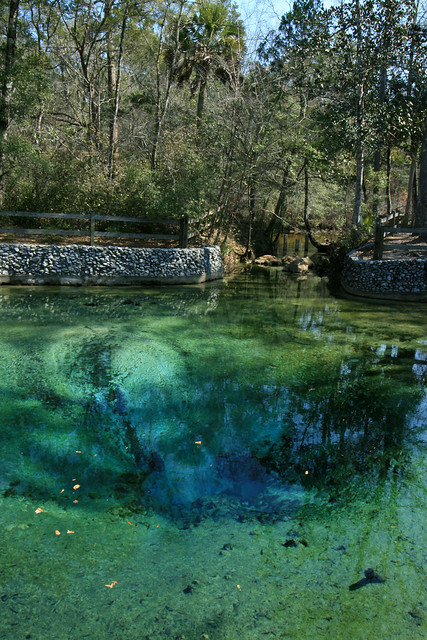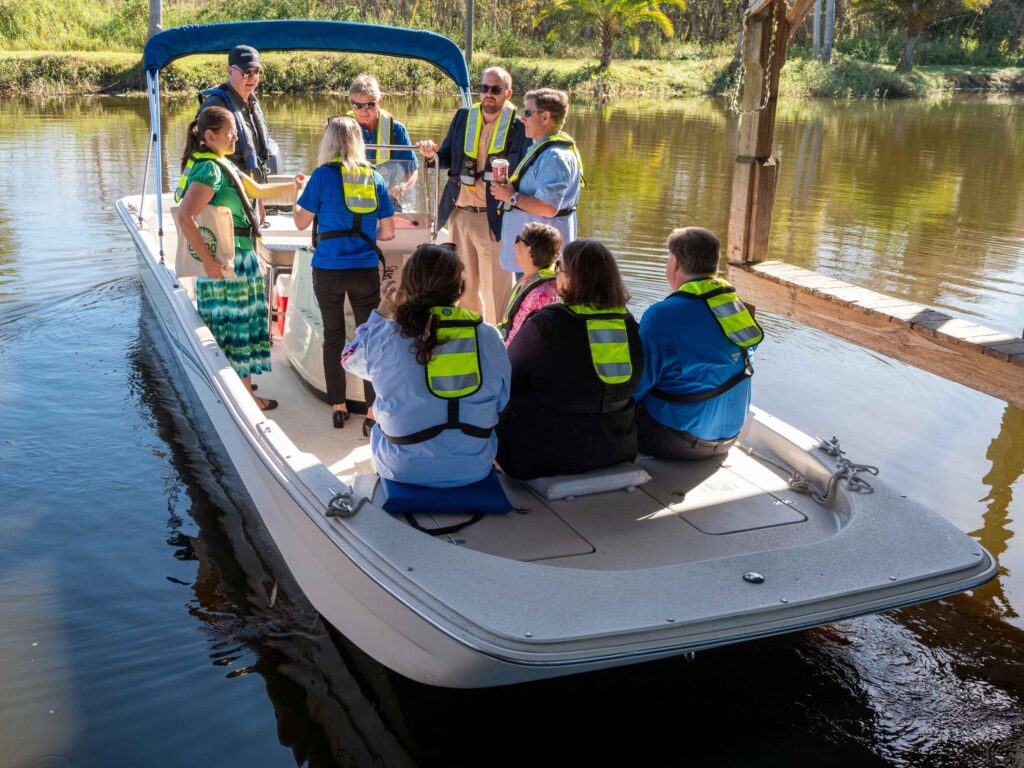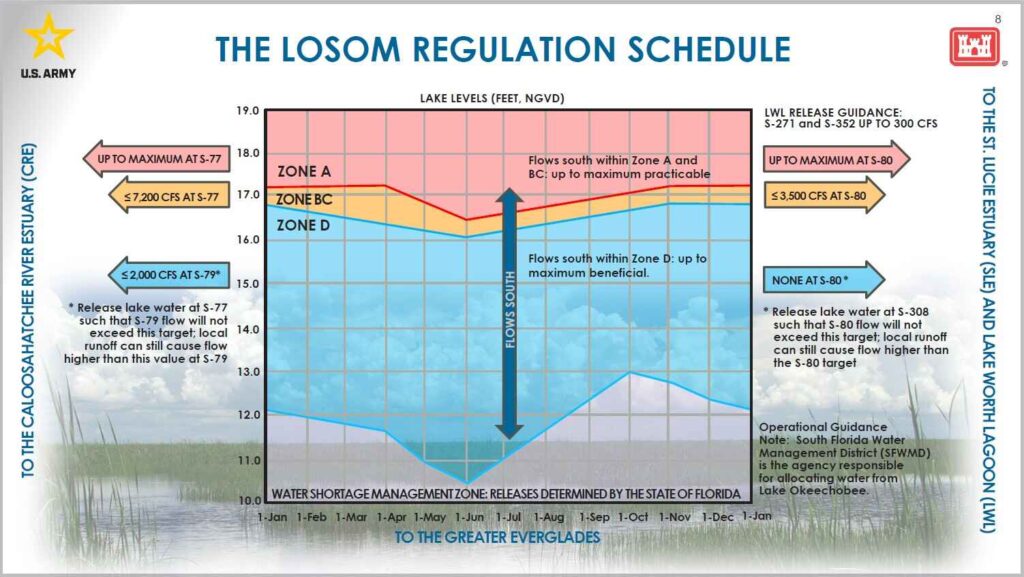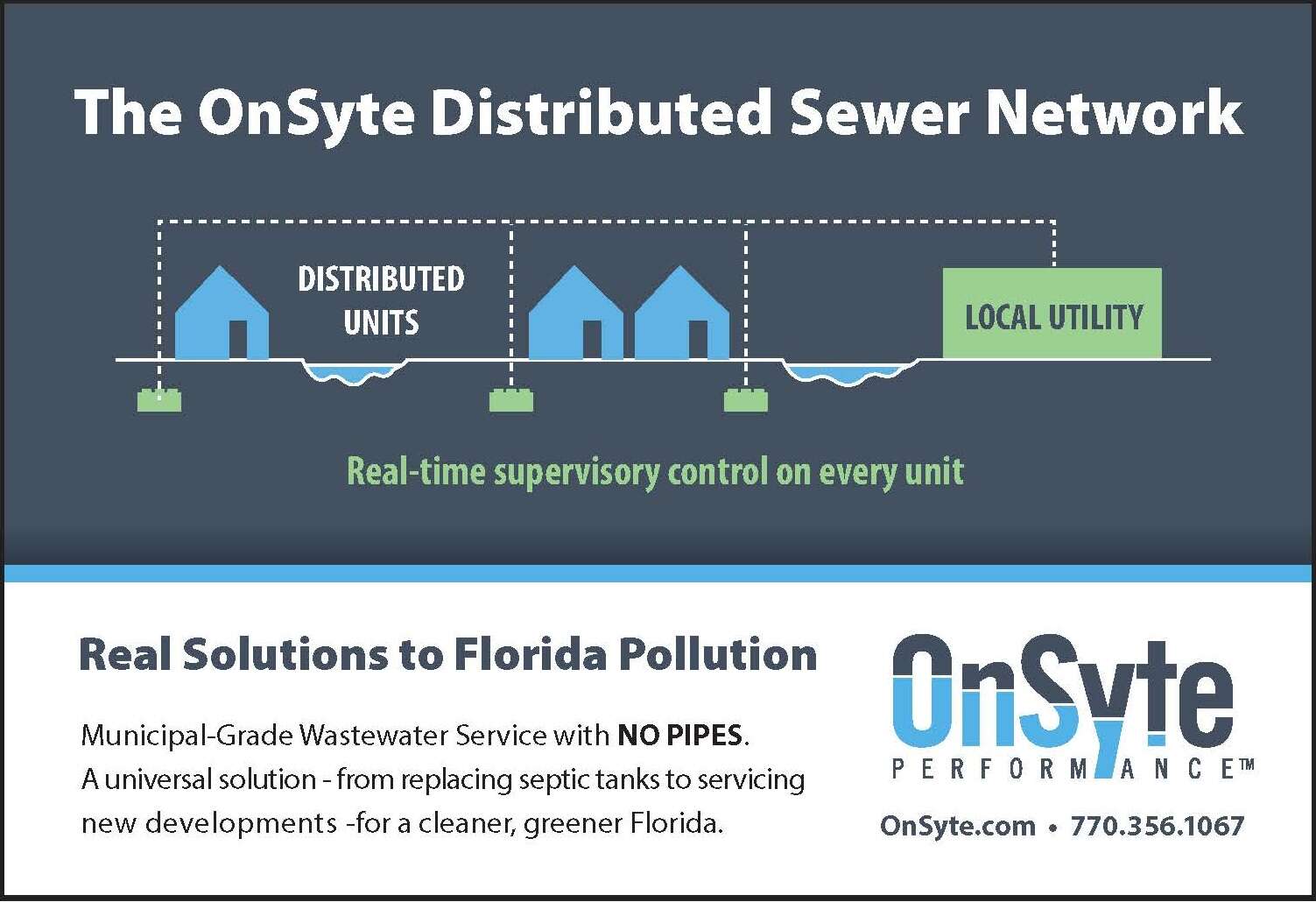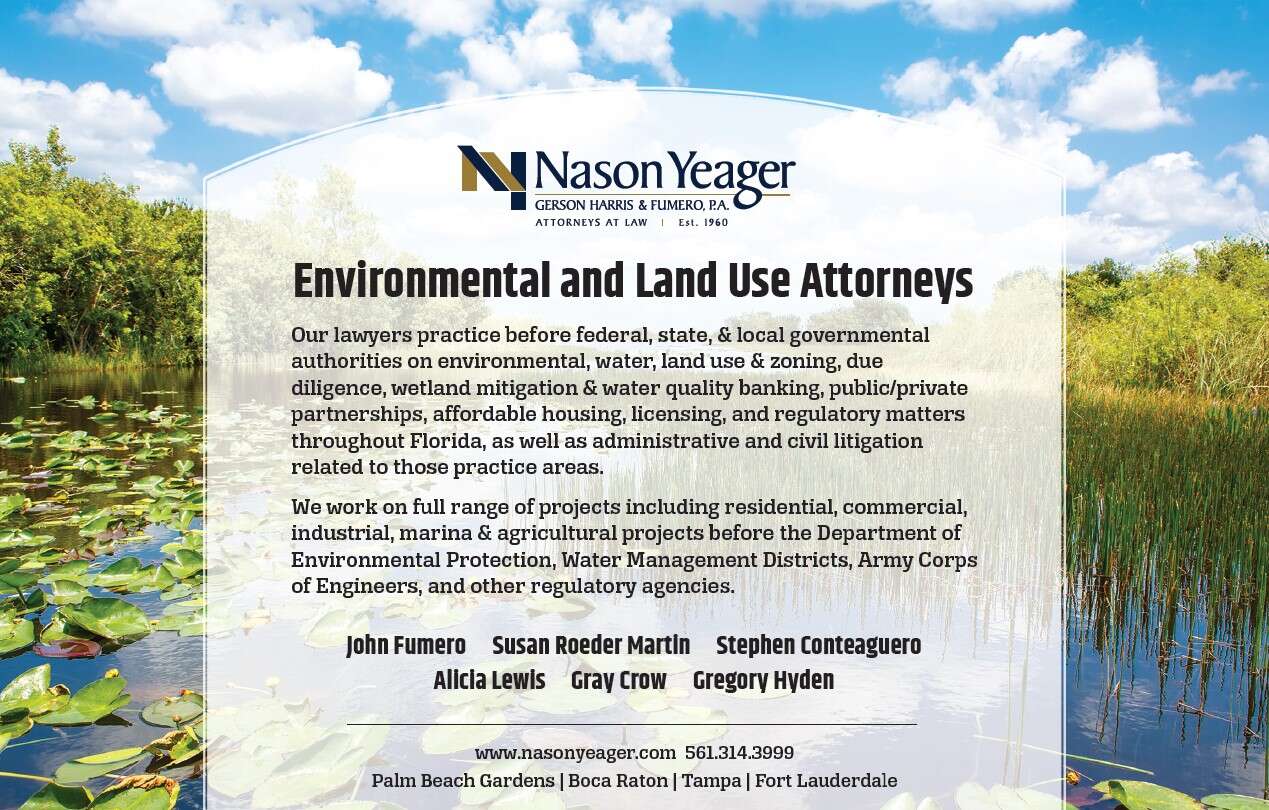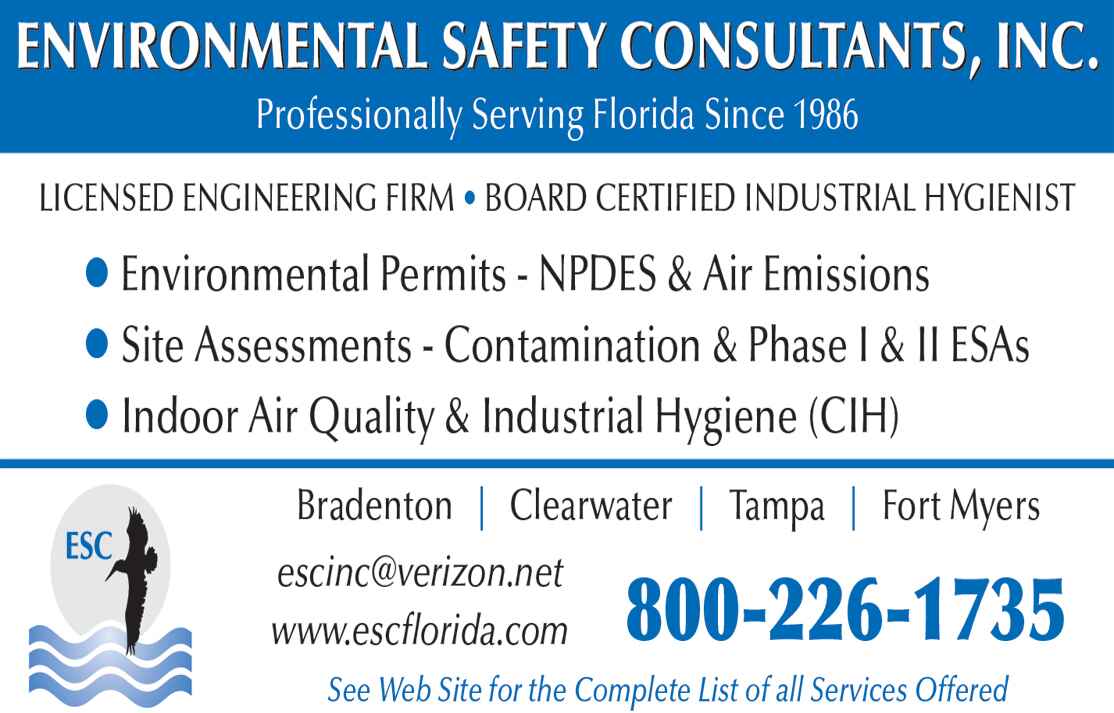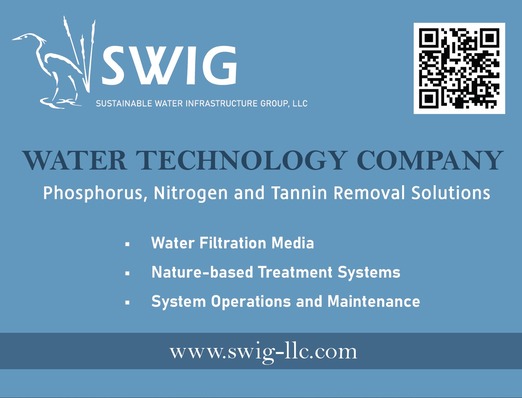By BLANCHE HARDY
The Florida Department of Environmental Protection is proposing amendment of Chapter 62-330, F.A.C. to create a new Rule 62-330.603, F.A.C., which will generate a new General Permit for Seagrass Restoration.
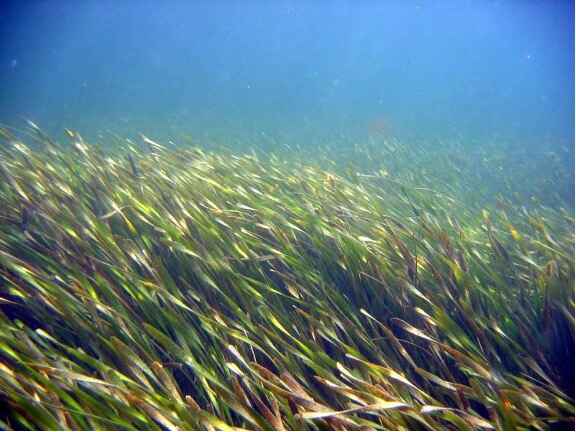
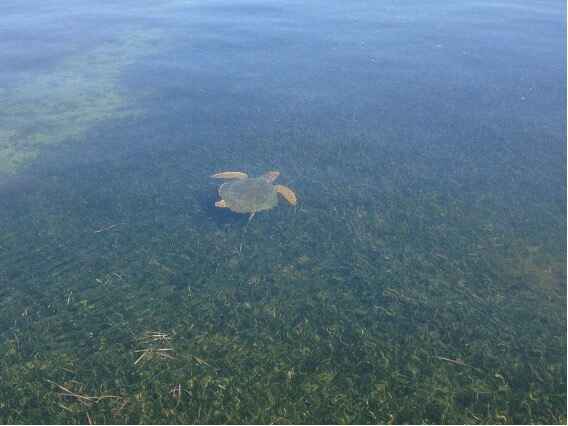
The proposed changes will simplify and clarify rule language, increase efficiency, and improve coordination with other agencies for seagrass restoration projects.
The proposed rule is part of the agency’s Division of Water Resources Management, Submerged Lands and Environmental Resources Coordination Program. Florida possesses among the most abundant seagrass beds in North America and sea grass loss has been a consistent challenge, prompting extensive restoration efforts on both the east and west coasts of the state.
DEP reports roughly 2.2 million acres of seagrasses reside within the state’s coastal waters. Seagrass beds help maintain water clarity by trapping sediments and particles while stabilizing the sea floor with their roots and rhizomes. Seagrass beds provide shelter for fishes, crustaceans and shellfish and their related biosphere provides food for numerous marine animals and water birds.
Loss of Florida seagrass due to degraded water quality was noted as a primary cause of manatee deaths in a lawsuit filed by Earth Justice against the U.S. EPA on behalf of the Center for Biological Diversity, Save the Manatee Club, and Defenders of Wildlife three years ago.
The case stated, “Hundreds starved to death in 2021 because unchecked pollution is killing seagrass.” Over a thousand manatees were lost in what was described as a devastating “Unusual Mortality Event.” According to the advocates, over half the impacted manatee died of starvation.
As a result of the lawsuit, an agreement was reached with the U.S. Fish and Wildlife Service to revise what constitutes critical habitat for the Florida manatee by September this year.
Just before the filing of the lawsuit, the state announced the allocation of $30 million in state funds for manatee rescue in 2022-23. Florida’s manatee rescue funding initiative was presented by DEP Secretary Shawn Hamilton as a water quality improvement effort focusing on short and long-term science-based strategies to improve water quality, including expanded monitoring and investment in long-term water quality improvement projects to reduce the amount of nutrients going into the state’s waterways.
The currently proposed rule changes are intended to streamline seagrass restoration. Amendments to the existing regulatory language and the new rule will create a new General Permit for Seagrass Restoration.
The permit will facilitate the planting, restoration, and enhancement of native Florida seagrass within estuaries, lagoons, or other tidal waters, solely for restoration purposes. The restoration site cannot exceed 20 acres and may not be part of mitigation to offset impacts of another project or be associated with mitigation banking, according to a copy of the proposed rule.
The permit will not authorize seafloor regrading or recontouring prior to planting and the restoration site should have historic evidence of seagrass coverage or evidence of suitable site conditions to allow seagrasses to grow. To ensure viability DEP proposes to require that the work be conducted or directly supervised by individuals having expertise designing and implementing seagrass restoration activities. The required expertise can be demonstrated by submittal of prior seagrass restoration or seagrass mitigation projects and associated monitoring reports that demonstrated success.
Proposed plantings need to consist of Florda native seagrass species as listed in the rule. The plants will be required to come from a certified aquaculture facility that holds a valid aquaculture certificate of registration issued according to Florida Statute and Rule. Newly planted grasses may not be sheltered to prevent access by marine animals. The proposed rule also requires documentation of the project as well as demonstration of project success.
DEP is also considering similar rule changes to facilitate a generic NPDES permit to allow discharges associated with experimental technologies to control Red Tide and Blue Green Algae. This proposed generic permit would authorize the discharge of pollutants into waters of the state for activities associated with experimental technologies to control algae outbreaks. A summary of the Florida Red Tide Mitigation and Technology Development Initiative is available for review of current approaches under consideration for this permit.


